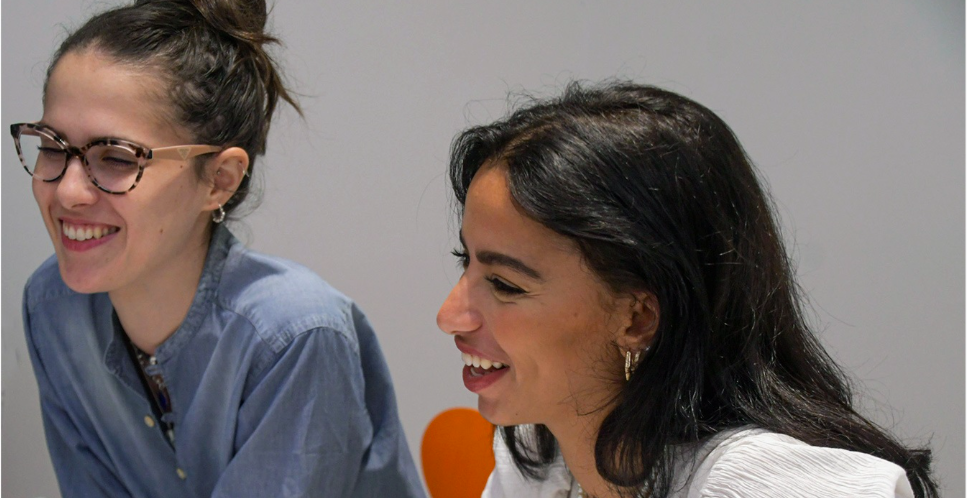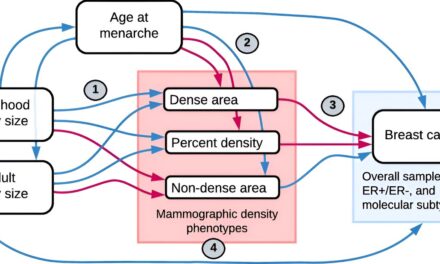
The goal is to create a collaborative international group where members will learn from each other, share knowledge and best practices, and build collective capacity on how arts activities – such as dancing, painting, creative writing, street art and hip-hop – can engage and support young people to improve their mental health and well-being.
Sharing collective wisdom on the benefits of arts
According to a 2019 scoping review of the links between arts and health by WHO/Europe, arts activities appear to be useful not only for promoting well-being and helping people to manage mental health conditions, but also in breaking down mental health stigma, promoting social cohesion and, crucially, engaging vulnerable groups who may be less likely to use formal health services.
“It is a known and accepted fact now that the arts can help us to process and express difficult emotions, self-reflect on our lived experiences, and engage us emotionally and socially in a way very few other resources allow,” explains Professor Stefan Priebe, founder of the Unit for Social and Community Psychiatry.
The network aims, therefore, to create international impact by encouraging the connection of arts organizations, academics and policy-makers to facilitate mutual support and exchange of ideas, methods and policies, and expose best practices already happening in local spheres.
Reaching outside the health sector – Pan-European Mental Health Coalition
The Yureka Network comes at a time of heightened awareness – largely prompted by COVID-19 – of the mental health challenges that young people are facing, including an apparent increase in common mental health conditions such as depression and anxiety.
Despite how common these challenges may be, mental health services struggle to engage effectively with young people, making them less likely to seek support and overcome barriers of cost, access and stigma. This is where leveraging other resources and services that already exist – such as the grassroots work of arts organizations – comes into play to support the mental health of a younger population.
“I think it helps me a lot [to be engaged in an arts organization],” says one young person based in Wales, United Kingdom. “Not only with finding new ways to explore or gather my thoughts, but also to give me structure in my writing, as well as inspiration and ideas from people that I’ve met there and forming closer bonds with people I’ve never seen before. I feel very alive.”
For this reason, WHO/Europe, through the Pan-European Mental Health Coalition, has been highlighting the importance of working outside the formal health sector. The Coalition is a diverse network of organizations, mental health experts, and people living with mental health conditions – including many young people – launched by WHO/Europe in 2021. It focuses on sharing knowledge and expertise to empower countries and communities to improve mental health and well-being in all areas of life.
An agreed priority of the Coalition is strengthening supports where young people live, work and learn – such as schools, sports clubs or other community groups – and building capacity of the people in those settings to provide effective, timely and high-quality support. Giving young people access to mental health support in places where they are already actively engaged makes them more likely to use that support when they need it.
The establishment of the Yureka Network is a clear example of how Coalition partners can accelerate achievement of identified priorities in mental health, while supporting implementation of the WHO European framework for action on mental health 2021–2025.
Next steps
The Yureka Network is now developing an online programme collaboratively with its members, where they can share/talk about best practices, access selected toolkits, reports and recent data on the subject, nurture mutual support, build capacity within monthly workshops/sessions and learn about each other’s work. In the future, the network hopes to encourage and facilitate in-person working groups, international symposiums and expand international partnerships between its members.
To visit the website or join the Yureka Network, please go to yurekanetwork.com











